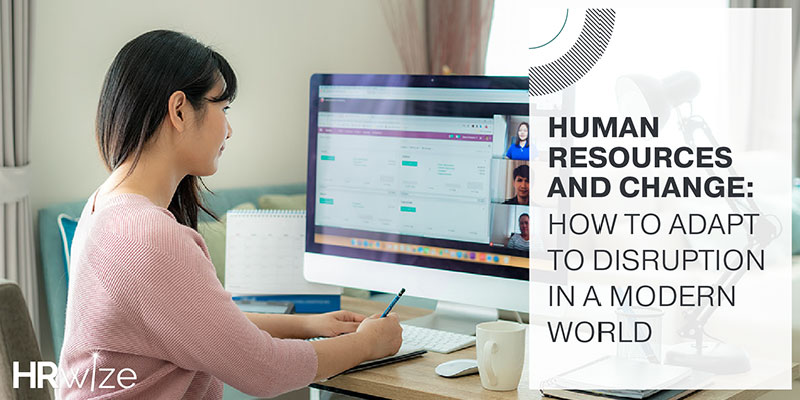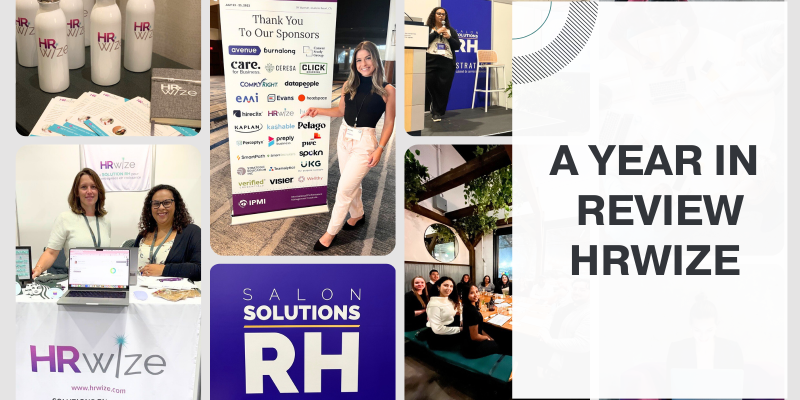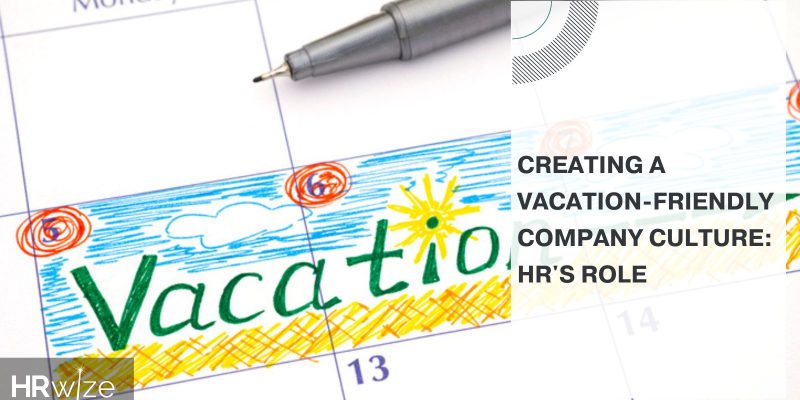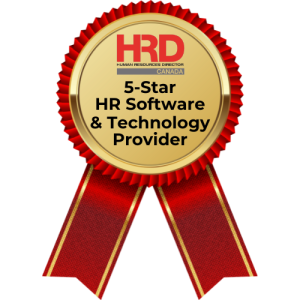Human resources and change: how to adapt to disruption in a modern world

In the world of Human Resources, change is expected. When ideally set up and supported, the HR department handles the ups and downs of an organization, directing that organization’s employees through both the routine and the unexpected.
However, when change is unexpected, particularly large-scale change, how can an organization’s Human Resources team adapt? How can they embody what’s required of the employees and offer the right kind of support? How an organization handles these situations can influence how prospective employees and clients see them, as well as set them up for future success.
Working Remotely
Having the ability to work remotely and being prepared to look after remote workers are two separate, but equally important issues. Companies that are not prepared to have employees work from home have to play catch up with both.
While this may be true, it’s not a completely dire situation. Technology can help massively in both circumstances. Make sure you’re investing in tools that are:
- Cloud based/Accessible
- Adaptable
- Secure
- Scalable
This type of technology could include virtual collaboration tools, email management tools, a Human Resource Management System (HRIS), or anything that could better enable your employees to work remotely. This also presents the issue of staying connected and keep your organizational culture intact when employees don’t have the ability to socialize and connect on a more casual level. Being able to nurture your culture and employee well-being while working remotely is just as important as providing the flexibility itself.
It’s very easy to be focused on “just getting through it” when dealing with a crisis. That being said, a more strategic perspective is always preferred. It is important to note that companies need to suppress the desire to be reactive in cases like this and take the time to properly vet any software purchases to ensure there are long term benefits to the investments they are making. When looking at something like working remotely, this is a trend which has started to become the new standard in the modern workplace. Thinking more long-term and enabling your employees, leadership, and HR teams to embrace this change will set up your company for success well into the future.
Employee Wellness
How your employees are doing emotionally and physically will impact how your organization weathers disruption. Stress from change can negatively affect both aspects of employee wellness. How can your HR and leadership teams work together to better support employees through a crisis or change?
We’ve previously discussed employee wellness through:
- Empathy – Active Listening and Connection
- Engagement – Feedback and Interaction
- Elevation – Support and Growth
How can these things support employee wellness through disruption, particularly when that disruption means working from home?
- Offer flexibility in work hours.
- Set up more frequent group and individual discussions with opportunity for casual interactions.
- Leadership and HR should be enabling frequent two-way communication.
- See if employees are interested in learning from home to help support their career development
- Have virtual mentoring sessions.
- Consider setting up virtual happy hour, or other ways for employees to unwind together remotely.
- Make information on mental and physical health widely available and try to customize to what your employees really want and need.
- Place an emphasis on separating work and home life, and have resources available for those who are struggling.
Organizational Culture
Disruption and change can have a lasting impact on an organization, but they are also an opportunity for companies to reflect, self-assess, and find improvement.
Ask yourself:
- Does your organization have work from home policies and are they up to date?
- What does your current corporate culture look like and is it properly supporting your employees?
- What direction would you like your organization to take after dealing with this disruption?
- Are you communicating clearly and often with the right messages?
Dealing with change, especially when it’s unexpected, causes people to react in a lot of different ways. The people that make up your organization are, above all, only human. Developing a more human workplace culture helps to not only manage that change, but support and grow an organization to find long-term success.
 A Year in ReviewBy Briana Della Foresta
A Year in ReviewBy Briana Della Foresta Choosing the Right HRIS: A Comprehensive GuideBy Briana Della Foresta
Choosing the Right HRIS: A Comprehensive GuideBy Briana Della Foresta The Impact of Vacation Time on Employee Creativity and InnovationBy Briana Della Foresta
The Impact of Vacation Time on Employee Creativity and InnovationBy Briana Della Foresta The Importance of Employee Vacations for Work-Life Balance By Briana Della Foresta
The Importance of Employee Vacations for Work-Life Balance By Briana Della Foresta Creating a Vacation-Friendly Company CultureBy Briana Della Foresta
Creating a Vacation-Friendly Company CultureBy Briana Della Foresta Strategies for Coping with Working Mom GuiltBy Briana Della Foresta
Strategies for Coping with Working Mom GuiltBy Briana Della Foresta The Importance of Respecting Holy DaysBy Briana Della Foresta
The Importance of Respecting Holy DaysBy Briana Della Foresta What HR Should Know About Candidate Experience?By Briana Della Foresta
What HR Should Know About Candidate Experience?By Briana Della Foresta Do What You Love or Love What You Do?By HRWize
Do What You Love or Love What You Do?By HRWize Diversity Requires MetricsBy Briana Della Foresta
Diversity Requires MetricsBy Briana Della Foresta

